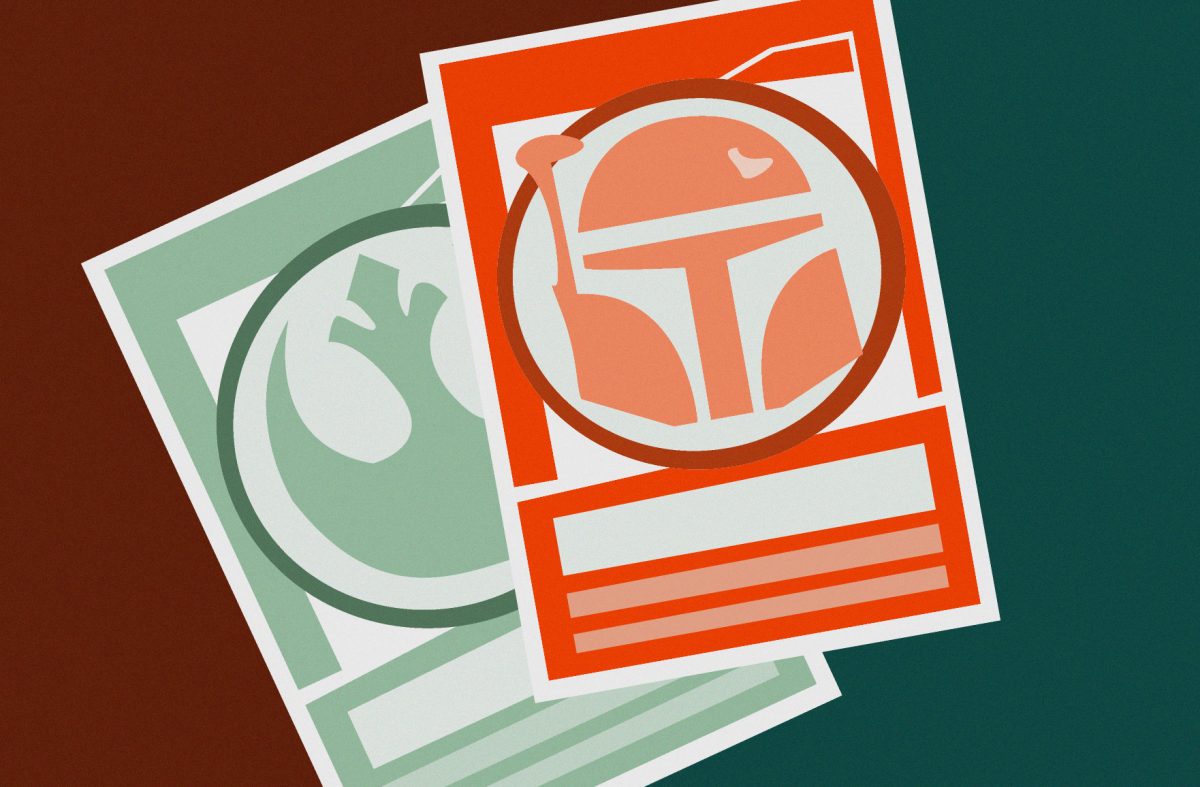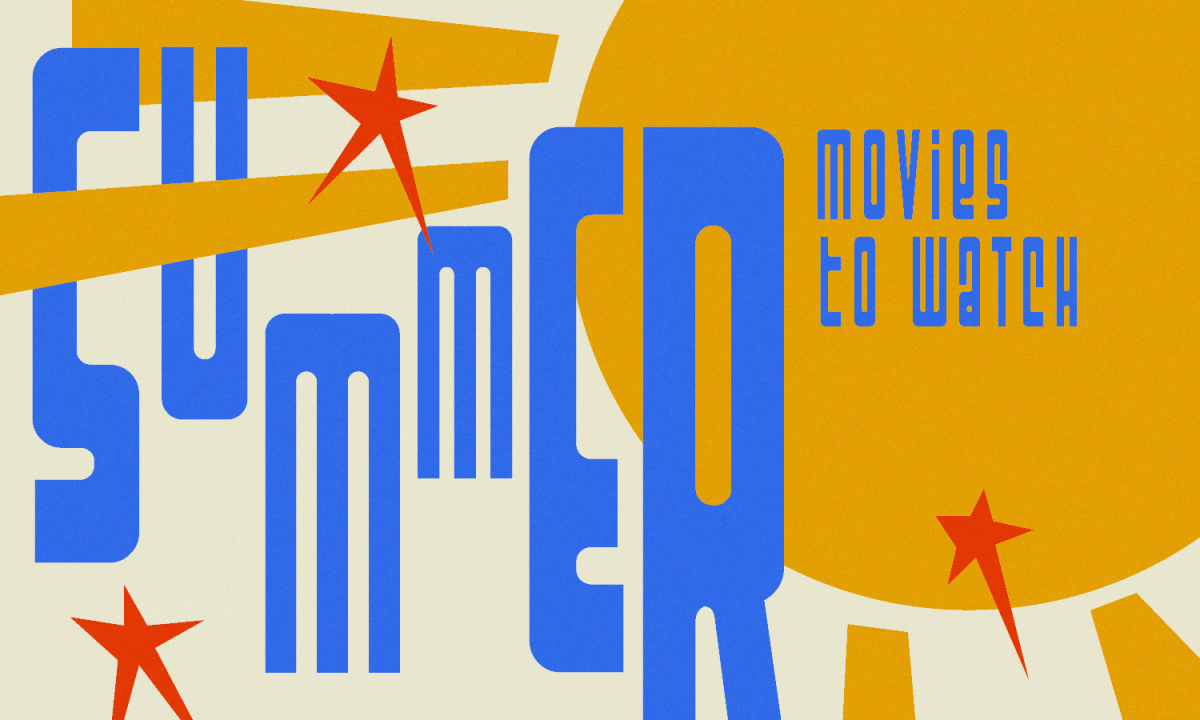After the 2004 elections, many liberal Americans have been looking to join our neighbors to the north. One of many reasons is their success in achieving a dream that has long eluded Americans-universal health care.
But while they may have better hockey, snowboarding and beer, Canada’s health-care system is not something to be envied.
For quite some time it has been the dream of bureaucratic magistrates (and not a few “Strange Brew” fans) to bring a Canadian model of health care to the United States.
Some, such as Hilary Clinton, have proposed a large and sudden renovation. This was rejected in the 1990s by Republicans who would rather achieve the same goal in piecemeal fashion, as is currently being implemented. Either way it is implemented, America should not look to Canada as a solution to our health needs.
Disclaimer: The current American system is not without its problems. It should be remembered that HMOs were not a free-market creation, but a structure created by Ted Kennedy’s HMO Act of 1973. Also of note is the fact that most “health insurance” in not insurance, but pre-paid care.
In Canada, a 50-50 payment system for health care was first introduced in 1965 (half out of pocket, half paid from taxes). By 1971, health care was a “right” and patient payment was not required. Many physicians opted out of the system (also called Medicare) and billed patients directly. In the 1980s this was outlawed and now physicians can only bill the government.
Canada is the only country in which a private health-care system is a criminal offence. This distinguishes Canada from other “universal care” systems.
Yet many Canadians choose to fly to the United States for diagnosis and treatment. According to the Canadian Taxpayers Federation, some Canadian Indians, with their reservation exceptions, are working on opening fee-for-service private health clinics as American Indians do with casinos.
Canadian journalists have noted that everything is free but nothing is readily available. Canada’s Fraser Institute has calculated that in 2003, the average waiting time from referral by a general practitioner to actual treatment was more than four months, with that trend increasing during the period of the study.
In every category, physicians felt waiting times had exceeded “clinically reasonable” delays. Canadians wait an average of five months for a cranial MRI scan; Americans just three days. Since 1993, waiting times have increased by 90 percent.
Said Pierre Lemieux in The Wall Street Journal: “Waiting lines impose a real cost.” Universal care systems are notoriously oblivious to anguish, discomfort, humiliation and other subjective factors which bureaucrats cannot measure or don’t value the same way as the patient does.” Yes, there is universal access, but it’s not worth accessing.
Economist William Anderson told of a 35-year-old woman whose diagnosis required removal of her gall bladder. She had to wait for 18 months before she could have surgery because of the long lines ahead of her-even though her case was marked “as soon as possible.”
This mother had to put her life on hold and endure several trips to the emergency room whenever she had an attack. They gave her a bunch of powerful painkillers and sent her home. All of this severely curtailed her enjoyment of life for 18 months until the operation.
Anderson then told of a Saskatchewan rancher with several horses. One horse became ill and was in obvious distress. It was taken into the nearest veterinary clinic where it was diagnosed with gallstones and operated on that night. Four days later the horse returned home.
Then it was noted, “If she had made her horse wait 18 months, she would have found herself in front of a judge, answering charges of cruelty to animals. No one would do that to an animal, but apparently it is acceptable to do it to humans in Canada. On paper, the government of Canada ‘saved money’ by forcing this woman to wait for ‘free’ surgery. In reality, the government abused her.”
And health care is not free for the taxpayer, who finances the system at a rate of 22 percent of all taxes raised in Canada. Canadian Medicare shares the same attributes of all monopolies: limited information, little transparency and poor accountability.
A published study by D. Gratzer highlights three problems of the Canadian system. “First, accountability is poor and aggravated by the Federal structure. Second, decision-making is politicized. Third, single-payer government control leads to a lack of innovation. These three lead to a lack of responsiveness to patient needs or wants.”
According to an Angus-Reid poll, eight out of 10 Canadians consider their system to be “in crisis.” Canada faces the same threat of financial collapse as the United States does as welfare benefits are projected to outpace economic production.
In a comprehensive study of cost and quality between universal care systems by the Frasier Institute, it was found that Canada has the most expensive health-care system and “does not rank first in health-care outcomes, access to care, supply of technologies, supply of physicians, or any of the indicators of health-care system functioning.”
It is a noble dream. No person should be denied health care for any reason. But a government forced universal care system only increases cost and decreases benefits. When life and death is at stake, that kind of cost benefit ratio isn’t acceptable.











